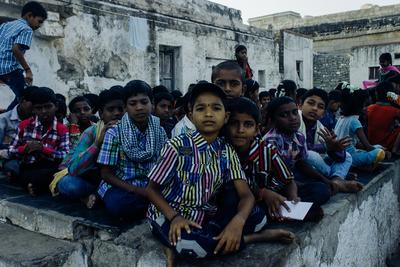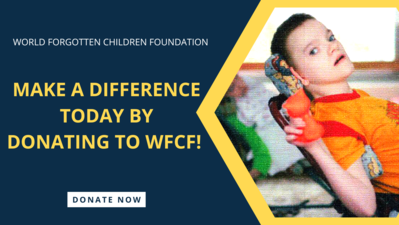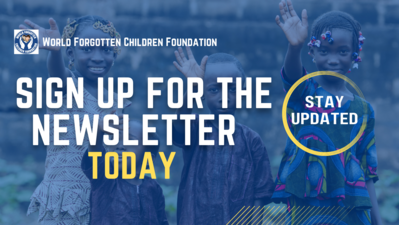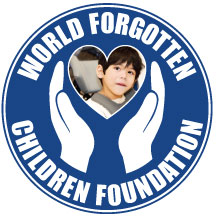
The pandemic has had widespread, devastating impacts that have exacerbated inequalities and health disparities. Poverty has increased, often most affecting low-income families that are already struggling. In fact, in less than two years, 100 million more children have fallen into poverty, which marks a 10 percent increase since 2019. This is a serious problem that requires swift action. Predictions put the best-case scenario, based on previous trends, that it will take up to eight years to somewhat recover from pandemic-induced poverty and return to pre-COVID child poverty levels. As many countries have tried to start moving on to a post-pandemic world, some countries are still struggling with many of COVID’s effects. Specifically, “the human rights of all children are under threat to a degree that has not been seen in more than a generation,” says the United Nations Children’s Fund (UNICEF) (2021).
In a publication in December of 2021, UNICEF set out to look into ways to “prevent a lost decade” to ensure the equal development of all children globally. The international response to the pandemic was found to be both unequal and inadequate, so the publication urges future actions that will hopefully mitigate some of the pandemic’s effects. Unfortunately, so far, there has been a deep disparity in recovery from the pandemic, which has led to worsening disparities between rich and poor countries. As richer countries are able to move on past the worst of the pandemic, poorer countries are left with debt that will hurt their economies for years. Even before the pandemic ravaged the globe, around 1 billion children suffered from one severe deprivation, without access to basic levels of health, education, water, sanitation or nutrition (UNICEF, 2021).

The disruptions to daily lives caused by the pandemic, and all the associated stresses that come with that, have mostly been felt by children from low-income families and backgrounds. This means that a lot of children living in these communities are struggling with rising crime rates and disproportionately high COVID infections. Childhood development experts have said that most children that have had to deal with isolation and remote learning will recover. With that being said, children growing up with adversities like severe deprivation, domestic violence or abuse are more likely to face more challenges in their recovery (Levin, 2020).
However, UNICEF emphasizes that we can make the choice today to reverse the effects the pandemic has had on children by protecting and expanding the gains made for child rights in the last few decades. Positively, the crisis that the world has faced presents a unique opportunity to reimagine a fairer, safer and more equitable environment for everyone (UNICEF, 2021).
UNICEF sets out specific guides to take action:
● Make children the first in line for investment and last in line for cuts, ensuring that we are diverting our resources for their development
● Investing for inclusive and resilient, long-term recovery by focusing on social protection and human capital
● Rolling back the reversals to child health and nutrition that have happened during the years of the pandemic
● Ensuring adequate protections and mental health resources for every child and providing quality education
● Looking into building resilience to better prevent and respond to future crises, while protecting children from the worst of its effects (UNICEF, 2021).

To prevent the lost decade, we need to move swiftly and implement the guidelines issued by UNICEF and other organizations interested in child rights. Here in WFCF, one of our core missions is providing help for orphaned children with disabilities. Our past projects have helped children with disabilities all over the world, and we hope to continue our work. You, too, can help us achieve our mission by donating today!
References:Levin, D. (2020, Dec. 29). How the pandemic has been devastating for children from low-income families. The New York Times. https://www.nytimes.com/2020/12/29/us/coronavirus-trauma-young-people.html
UNICEF. (2021, Dec. 1). Preventing A Lost Decade. UNICEF. https://www.unicef.org/reports/unicef-75-preventing-a-lost-decade
|



